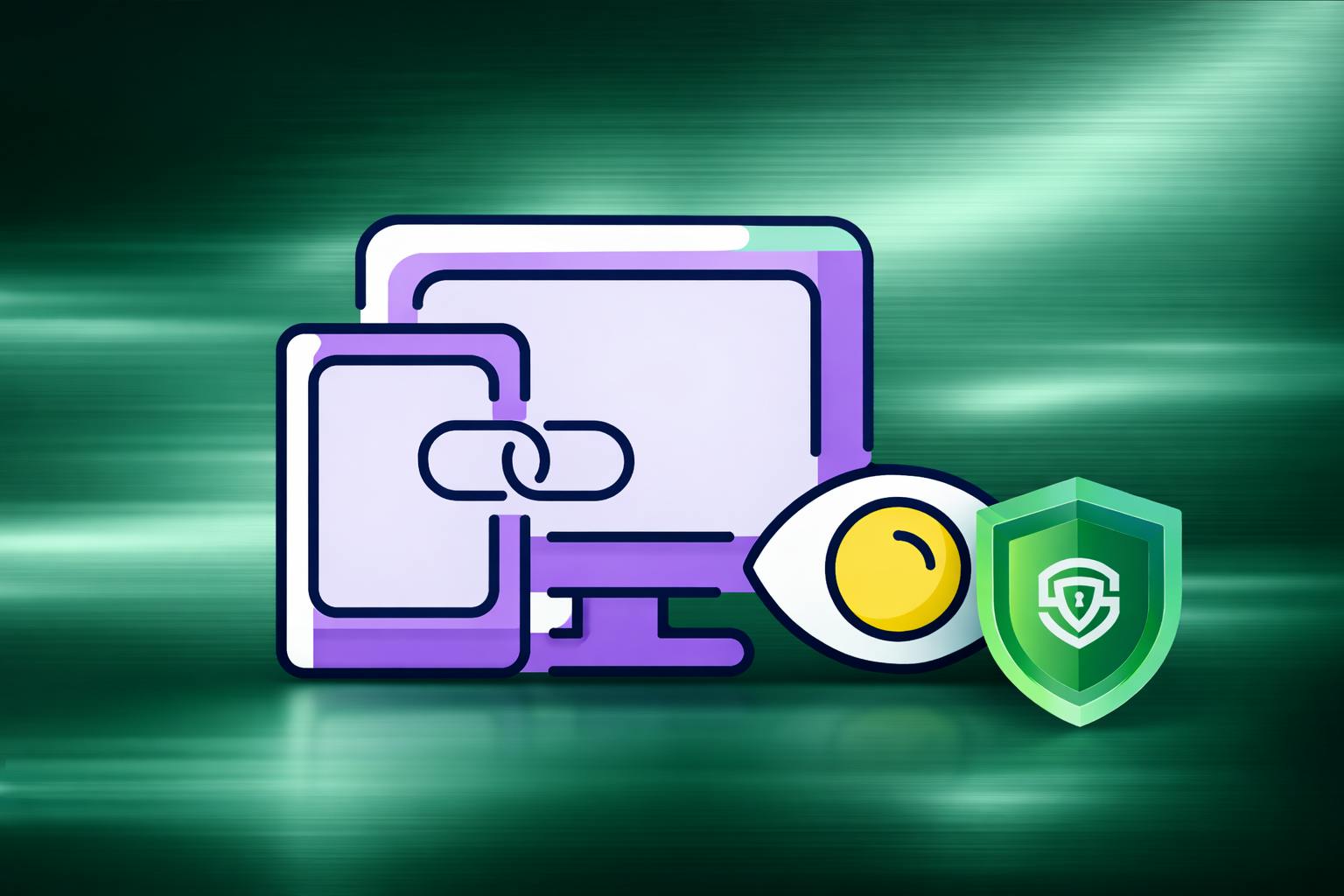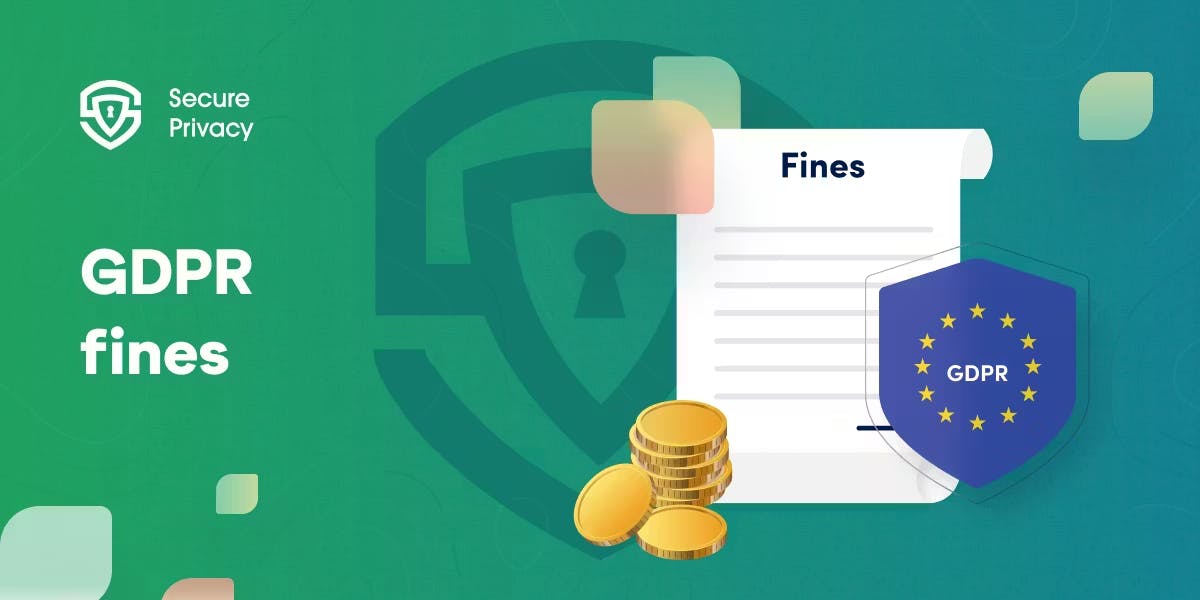Adapting Consent Management to Decentralized Data Ecosystems
Traditional consent management is reaching its limits in today's interconnected digital world. As your data flows across multiple platforms, applications, and borders, centralized systems struggle to keep pace with both regulatory requirements and user expectations. Decentralized data ecosystems offer a promising alternative, but they require completely rethinking how we approach consent management.
The Shift From Centralized to Decentralized Consent
The current consent management model operates much like a corporate filing cabinet. Your permissions are stored in company databases, typically gathered through simplistic "I accept" buttons that offer limited transparency and control. Decentralized consent management fundamentally changes this dynamic by distributing control across multiple nodes.
When comparing these approaches, several key differences emerge:
Data storage in centralized systems relies on databases controlled by individual organizations. This creates vulnerability—if the system is breached, all data is at risk. Decentralized systems distribute data across multiple nodes, significantly reducing this "single point of failure" risk while maintaining accessibility.
Control over personal information shifts dramatically in decentralized models. Rather than surrendering your data permanently upon collection, you maintain ongoing agency over how it's used. This realignment better reflects the principle that individuals should control their own information.
Privacy risk profiles differ substantially between approaches. Centralized systems create scenarios where security breaches affect countless users simultaneously. Decentralized architectures limit exposure to individual-level risks through data compartmentalization—a fundamental security advantage.
User experience also transforms in decentralized systems. Traditional approaches often present confusing interfaces with limited options. Decentralized consent management typically prioritizes user-friendly designs that enhance transparency and control, enabling truly informed decisions about your data.
Emerging Technologies Enabling Decentralized Consent
Several innovative technologies are addressing the unique requirements of consent management in decentralized environments.
Decentralized Consent Orchestration
The Solid ecosystem, which provides a foundation for decentralized data storage and selective sharing, has been extended with Decentralized Consent Orchestration (DCO). This technology creates a semantic consent layer on top of existing authorization mechanisms, providing fine-grained control over personal data sharing while maintaining compliance and user autonomy.
DCO introduces three essential components:
- A consent vocabulary that bridges legal requirements with technical implementation
- A consent receipt infrastructure for auditable data transactions
- A revocation propagation mechanism ensuring consent changes are respected throughout the ecosystem
Prototype implementations and user studies demonstrate that DCO enables more compliant, transparent, and user-friendly data sharing while reducing complexity for developers. This approach aligns with emerging regulations like GDPR, the Data Governance Act, and the EUDI wallet framework.
Blockchain-Based Consent Management
Blockchain technology offers another powerful approach to decentralized consent management. It functions as a shared, digital ledger where every consent decision is recorded transparently and immutably, preventing organizations from secretly modifying or ignoring your permissions.
Smart contract-based systems use blockchain to target personal data usage under regulatory frameworks like GDPR. These user-centric solutions allow you to control your personal data collection and consent throughout its lifecycle, with transaction history and logs recorded in a tamper-proof blockchain for accountability.
Key features of blockchain-based consent management include:
- Providing tailored consent agreements on specific personal data
- Controlling who can collect, access, and use your data for specific purposes
- Delegating consent rights when necessary
- Accessing consent-related information anytime
- Withdrawing previously given consent whenever you choose
Smart contracts play a crucial role by automating consent processes, defining terms, tracking permissions, and revoking access when needed. However, implementing these systems requires ensuring that smart contract code is secure before deployment.
Core Principles for Effective Decentralized Consent
Successful decentralized consent management systems follow several fundamental principles that prioritize user agency and transparency.
User Control and Autonomy
In decentralized systems, consent centers on giving you control over when and how to share your data. This represents a significant departure from traditional approaches where organizations largely dictate terms of data usage.
Effective decentralized consent includes real-time access to manage your preferences, enabling you to review, update or withdraw consent as your needs change. This dynamic capability addresses a key limitation of traditional static consent models that offer no ongoing control.
Transparency and Auditability
Clear information forms the foundation of decentralized consent systems, providing easy-to-understand details about data use. This transparency extends to the entire data lifecycle, with some organizations publishing regular reports on data usage to further enhance visibility.
Blockchain-based systems naturally provide enhanced auditability through their immutable ledger structure. Every consent decision and subsequent data access can be recorded, creating a permanent, tamper-proof record that strengthens accountability throughout the ecosystem.
Specific and Granular Control
Decentralized consent frameworks enable you to share only certain pieces of information rather than providing all-or-nothing consent. This granularity allows for nuanced decisions about your data, sharing what's necessary while protecting more sensitive information.
Revocability and Portability
The right to change your mind about consent is fundamental to decentralized systems. You must be able to stop sharing your data at any time, with withdrawal mechanisms that ensure those changes are immediately reflected across all connected systems.
Data portability is also emerging as a key principle, allowing you to easily export your information from one service to another. This capability enhances your autonomy by preventing data lock-in and enabling greater choice among service providers.
Implementation Challenges and Solutions
While decentralized consent management offers significant advantages, organizations implementing these systems face several challenges requiring careful consideration.
Managing Data Storage and Deletion
Blockchain's permanent nature creates challenges for complying with privacy laws that require data deletion upon request. Additionally, blockchain isn't designed to store large amounts of personal data efficiently.
To address these limitations, organizations typically implement hybrid solutions that store personal data off-chain while keeping consent records on the blockchain. Some systems integrate decentralized storage technologies like IPFS (InterPlanetary File System) to store data while recording transaction history and access logs on the blockchain for accountability.
Balancing Privacy with Transparency
Public blockchains can expose sensitive information, creating privacy risks that must be mitigated. Private or permissioned blockchains provide more control but introduce additional complexity and costs.
Organizations can implement enhanced privacy tools such as encryption and zero-knowledge proofs to protect sensitive data while maintaining system transparency. These technologies allow verification of consent without revealing the underlying personal information.
Integration with Existing Systems
Organizations must ensure that decentralized consent solutions integrate smoothly with existing systems to avoid operational disruptions. This includes verifying that databases and interfaces support blockchain's distributed structure and that consent changes propagate effectively throughout all connected systems.
For enterprises operating internationally, managing consent for cross-border data transfers adds another layer of complexity. Different jurisdictions have different requirements, necessitating adaptive consent mechanisms that can handle varying regulatory frameworks.
Best Practices for Implementation
Organizations implementing decentralized consent management should follow these proven best practices:
First, understand your specific consent requirements. Identify what data types you manage and how consent is currently collected, stored, and used throughout your organization.
Next, choose the right technological platform. Public blockchains like Ethereum offer transparency but may not suit sensitive data, while private blockchains provide more control and customization. Match your platform to your specific needs.
Provide user-friendly interfaces where people can easily manage their data permissions. Work with UX experts to create intuitive tools that simplify complex blockchain processes, making consent management accessible to all users.
Educate all stakeholders about the benefits and operation of decentralized consent systems. Offer training sessions, workshops, or guides to ensure everyone understands how the system works and why it matters.
Test thoroughly before launch to identify potential issues like performance bottlenecks or security vulnerabilities. Design your system to handle increasing users and transactions over time, planning for scalability from the beginning.
Continuously monitor and improve your system based on performance metrics and user feedback. Regular reviews and updates ensure your consent management remains effective as technology and regulations evolve.
Regulatory Considerations and Compliance
Decentralized consent management systems must align with evolving data protection regulations, presenting both challenges and opportunities for implementing organizations.
Existing privacy laws weren't created with blockchain in mind, leading to potential compliance uncertainties. The right to be forgotten under GDPR, for example, presents challenges for blockchain-based systems due to the immutable nature of blockchain records.
However, decentralized systems can actually simplify compliance with regulations like GDPR by embedding key requirements into their architecture. Organizations must design appropriate off-chain storage solutions and deletion mechanisms to address regulatory requirements while maintaining the integrity of consent records.
Demonstrating valid consent under various regulatory frameworks requires mechanisms for capturing, storing, and retrieving evidence of consent in a compliant manner. Decentralized systems must incorporate features that satisfy specific consent requirements across multiple jurisdictions.
The Future of Decentralized Consent Management
As decentralized data ecosystems continue to evolve, several trends are emerging that will shape the future of consent management in these environments.
AI systems that collect and process personal data increasingly require sophisticated consent management approaches. As artificial intelligence becomes more pervasive, decentralized consent systems must adapt to handle new use cases and data types while maintaining user control and transparency.
The true potential of decentralized consent management lies in enabling seamless consent across multiple platforms and services. Future systems will likely focus on improving interoperability standards that allow consent preferences to follow users across different applications and environments.
As regulators gain more experience with decentralized technologies, more specific guidance for blockchain-based consent management will emerge. Organizations implementing these systems should monitor regulatory developments closely and design flexible architectures that can adapt to changing requirements.
Transforming Data Management Through Decentralization
Adapting consent management to decentralized data ecosystems represents both a significant challenge and an opportunity to fundamentally improve how personal data is managed and protected. By shifting control from organizations to individuals, enhancing transparency through immutable records, and enabling more granular consent options, decentralized approaches address many limitations of traditional consent mechanisms.
Organizations that successfully implement these systems stand to gain significant advantages in user trust, regulatory compliance, and data security. As blockchain technology, smart contracts, and decentralized identity solutions continue to mature, we can expect more sophisticated and user-friendly decentralized consent management systems to emerge.
These systems will play a crucial role in enabling the ethical and compliant use of personal data in increasingly decentralized digital ecosystems. By embracing these new approaches now, organizations can position themselves at the forefront of privacy innovation while building stronger, more transparent relationships with their users.
Get Started For Free with the
#1 Cookie Consent Platform.
No credit card required

Cross-Device Tracking: A Complete Guide to Multi-Device User Attribution and Privacy Compliance

EU AI Act for CTOs: What Engineering Teams Must Build, Document, and Operationalize
Your product team ships a new AI-powered hiring screening feature. It ranks candidates automatically based on CV data. It is running in production across three enterprise clients in Germany, France, and the Netherlands. Nobody ran a risk classification exercise before launch. There is no technical documentation file. The logging infrastructure captures model outputs but not the decision logic. You have no human override mechanism.

GDPR Fines and Penalties Explained: Calculation, Enforcement Trends, and Risk Mitigation
Your legal team forwards you a letter from a supervisory authority. A data subject complaint has triggered a formal investigation. Your company processed personal data without a valid lawful basis six months ago — a decision made by a product manager who didn't loop in privacy counsel. Now you're looking at a potential Tier 2 fine, which means up to €20 million or 4 percent of your annual global turnover, whichever is greater. You have thirty days to respond.
- GDPR

